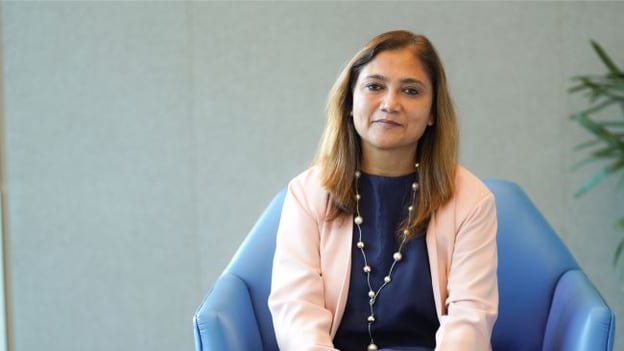Mother’s Day 2025: Meaningful support is not just ticking the compliance box, says Ruhie Pande

For Ruhie Pande, Group CHRO, Sterlite Electric Ltd, Resonia Ltd, and Serentica Renewables, the conversation around working mothers and unpaid care work isn’t just a social concern—it’s a business imperative. With over 38% of working mothers considering leaving their jobs due to caregiving demands, according to a McKinsey study, the need for deeper structural changes in workplaces has never been more urgent.
Moving Beyond Empathy to Strategy
“Recognising the burden of unpaid care work on working mothers isn’t just a matter of empathy—it’s a strategic need,” says Ruhie. She believes flexibility must move from being seen as a “perk” to a “core design principle.”
That means workplaces must rethink how they approach performance and presence. “Predictable scheduling, output-driven metrics, and re-entry programs that treat caregiving gaps as part of a normal career trajectory—not a penalty—are essential,” she explains.
From Compliance to Real Support
For Ruhie, meaningful support extends beyond ticking the compliance box. “Offering child-care support, access to mental health services, and coaching for caregivers returning to work shows that you see the full person behind the professional,” she says.
She emphasises the importance of communication too. “It’s also about communicating clearly that career growth isn’t limited to those who work the longest hours—especially in today’s hybrid or post-pandemic world.”
Leadership Must Set the Tone
“Leadership sets the tone,” she says plainly. Ruhie is a strong advocate for visible role modelling at the top. “If we want unpaid care work to be viewed as a shared responsibility, then leaders—regardless of gender—need to openly take parental leave or share their care responsibilities.”
These actions have a ripple effect across an organisation. “It sends a clear message: caregiving is part of life, not a personal inconvenience.”
She points to evolving performance frameworks that go beyond revenue goals. “Some companies now evaluate leaders on how inclusive and sustainable their teams are. That includes whether they enable career breaks or flexible hours while ensuring employees remain on track for growth.”
The Power of Language and Culture
Ruhie believes policy alone won’t drive culture change. “The language leaders use, the stories they share, and the behaviours they reward—all of these shape whether caregiving is truly accepted or quietly stigmatised.”
Also Read; Mother's Day 2024: How companies are stepping up for working moms
Tools like LinkedIn’s “career break” feature are helping normalise caregiving, but true transformation, she argues, requires a cultural shift. “This isn’t about lowering the bar,” she insists. “It’s about expanding what high performance looks like in today’s workforce—where empathy, shared responsibilities, and inclusion are central to long-term success.”
A Future-Ready Workforce
As more women return to or remain in the workforce while balancing caregiving duties, Ruhie stresses that the future of work must be built on inclusivity by intent. “Creating inclusive flexibility is about giving people real choices, rooted in trust, and removing unspoken penalties for caregiving,” she concludes.
By embedding caregiving into leadership narratives and workplace structures, Ruhie believes companies will not only retain talent—but redefine what success and sustainability truly mean in today’s world of work.












